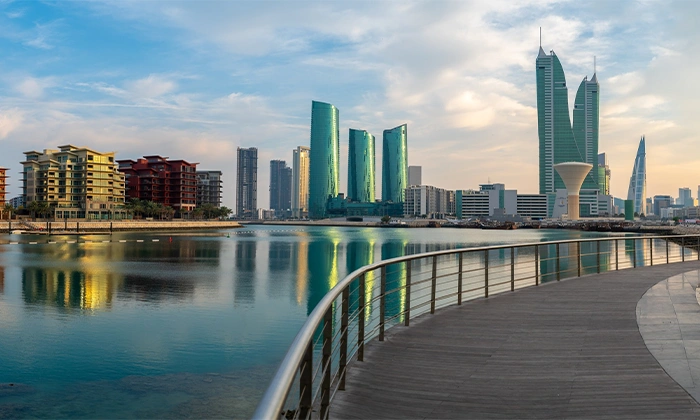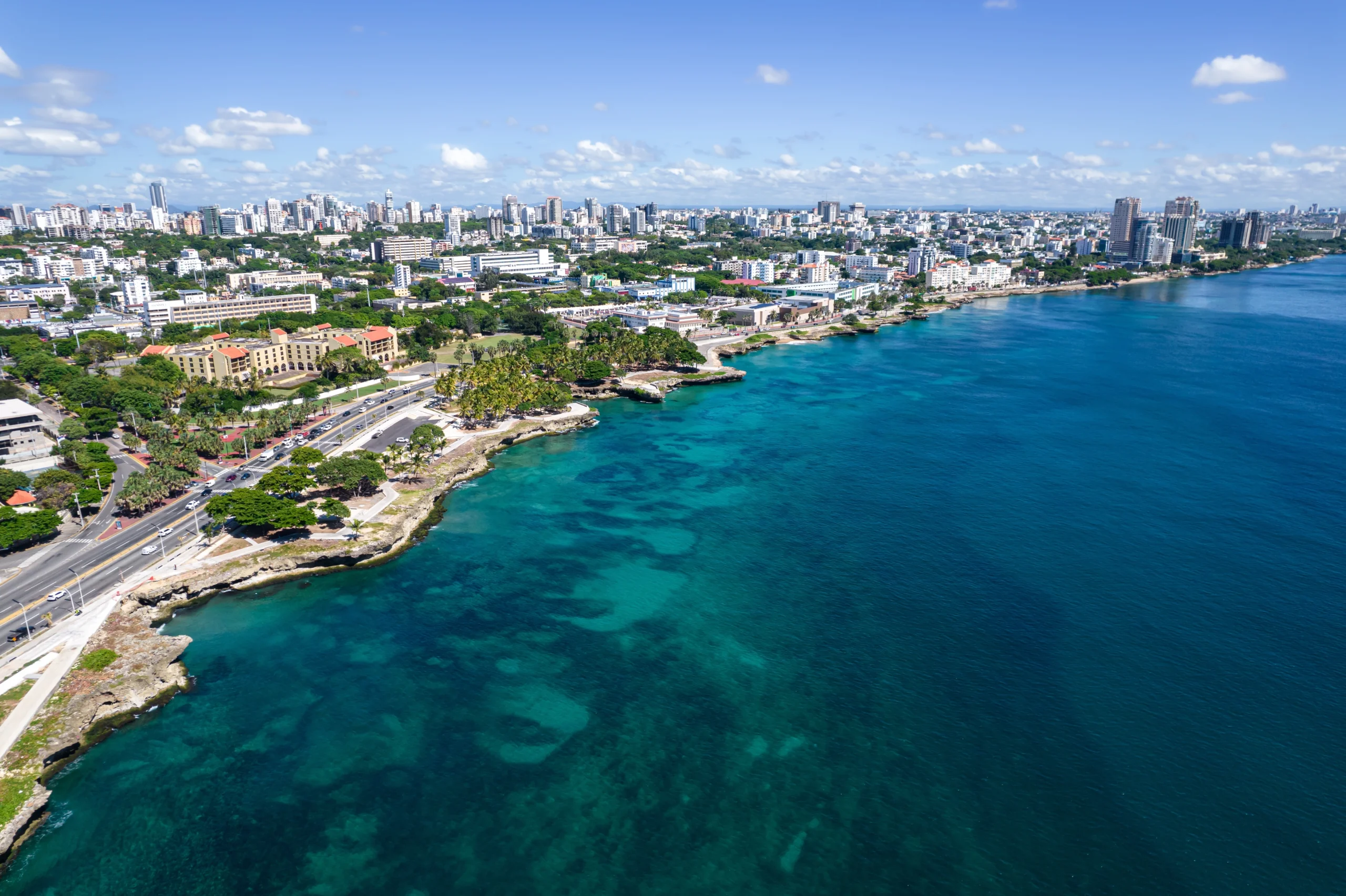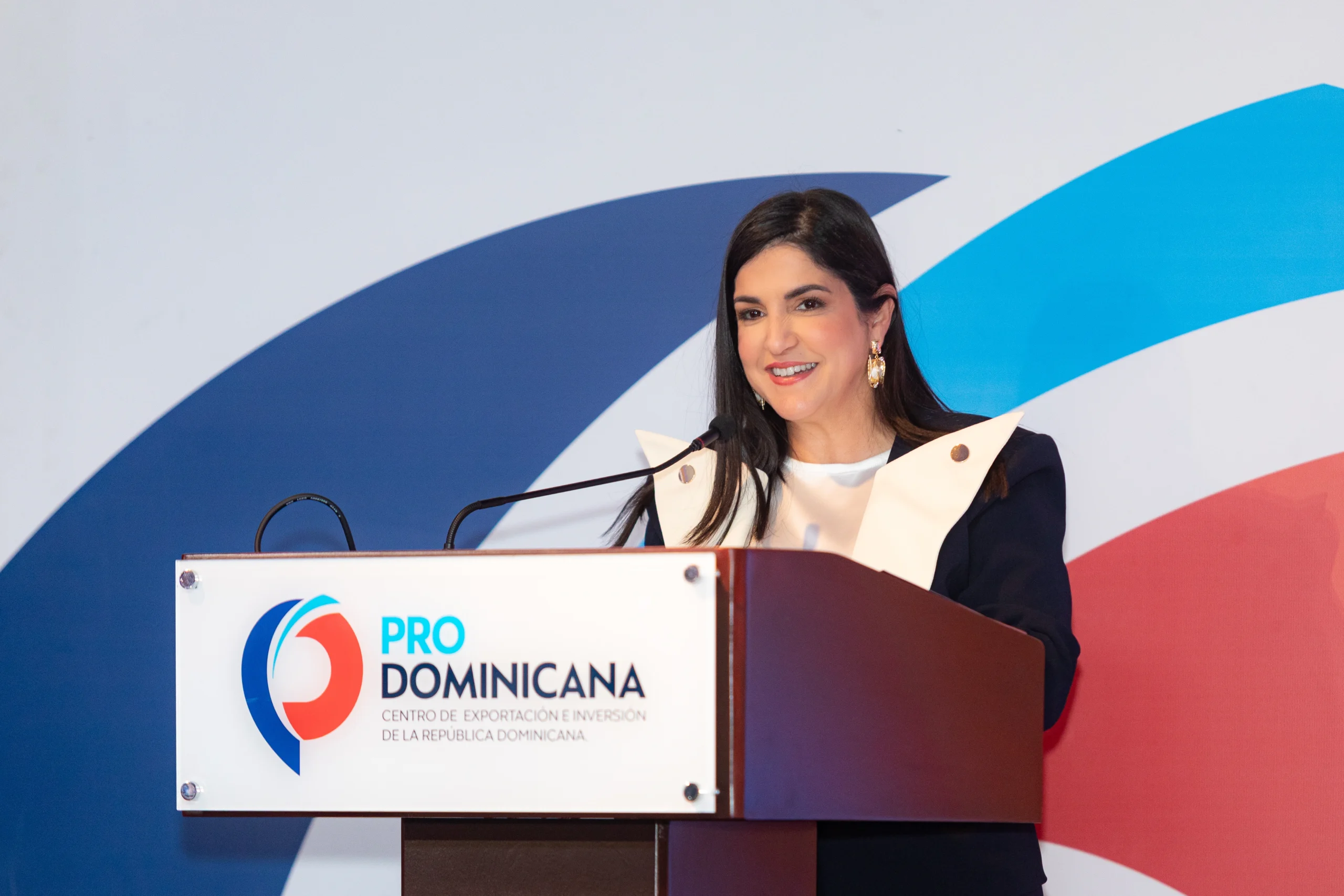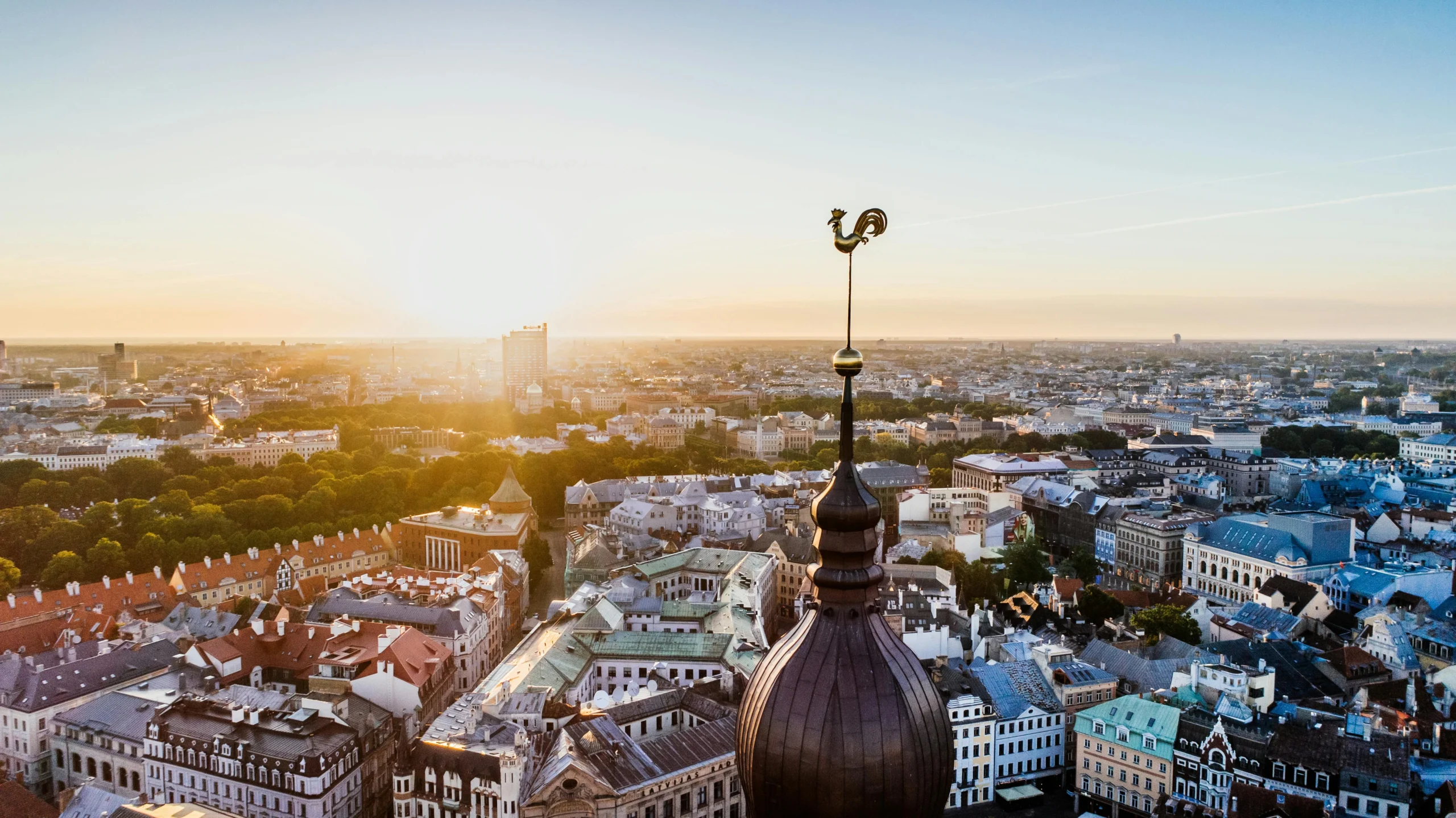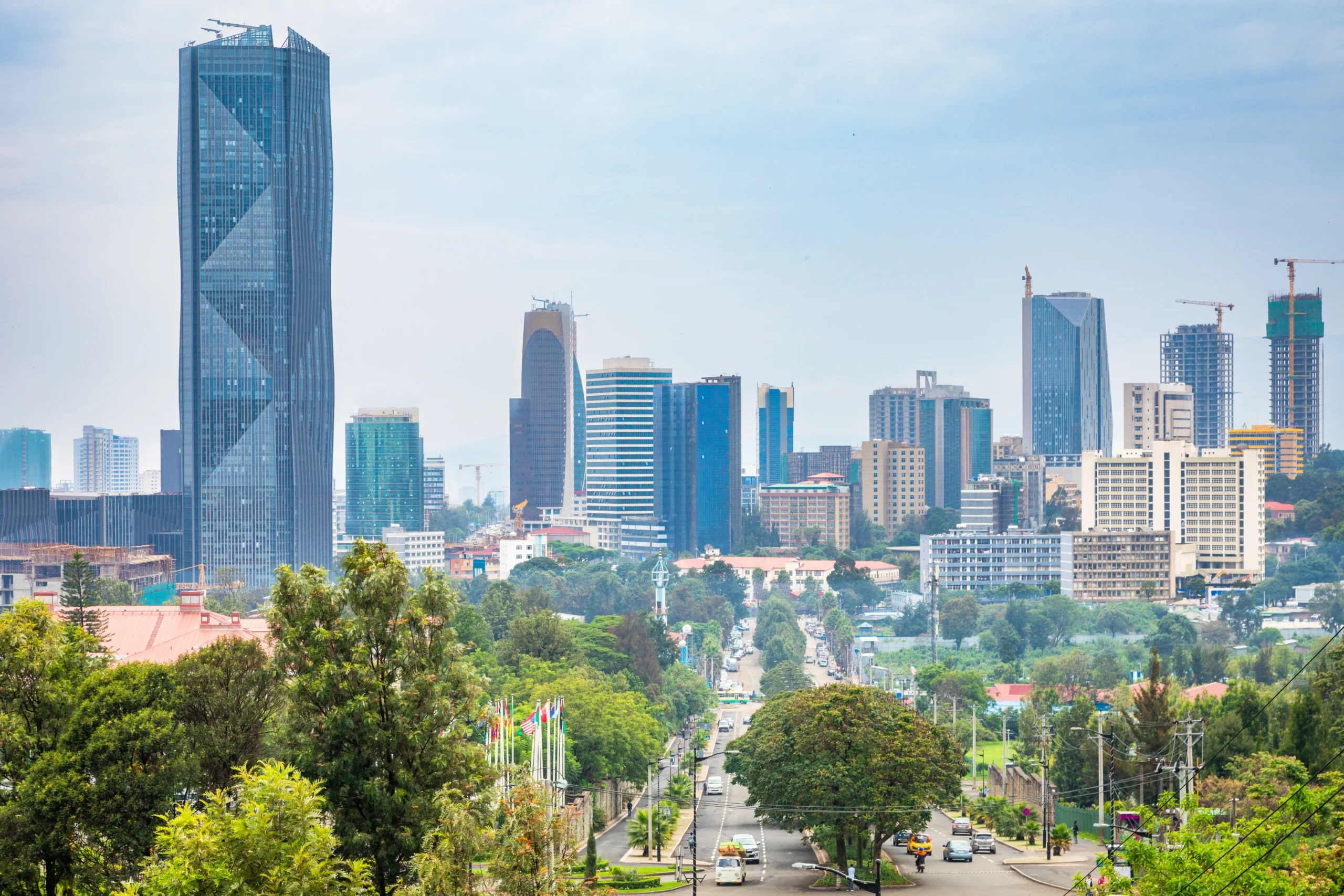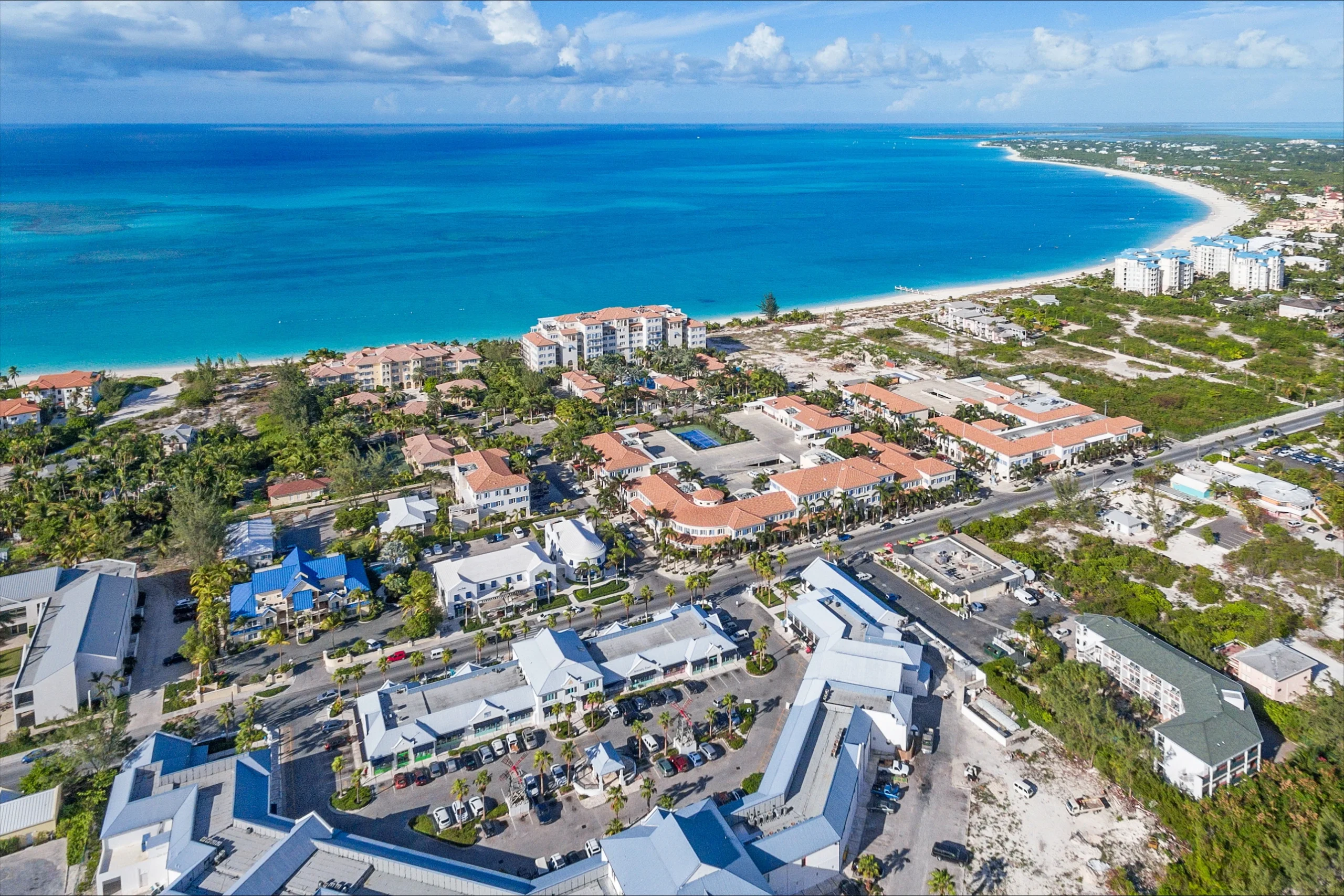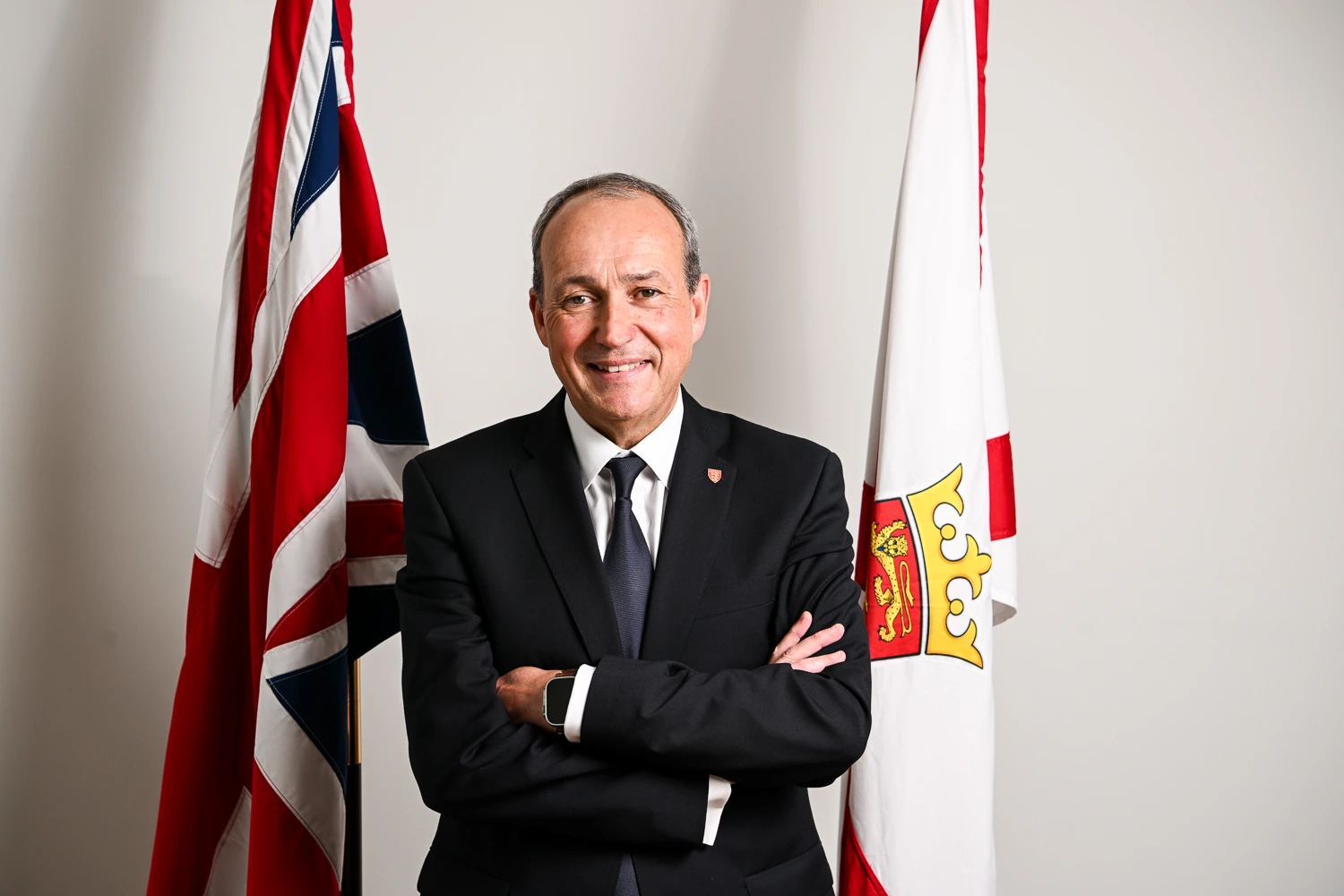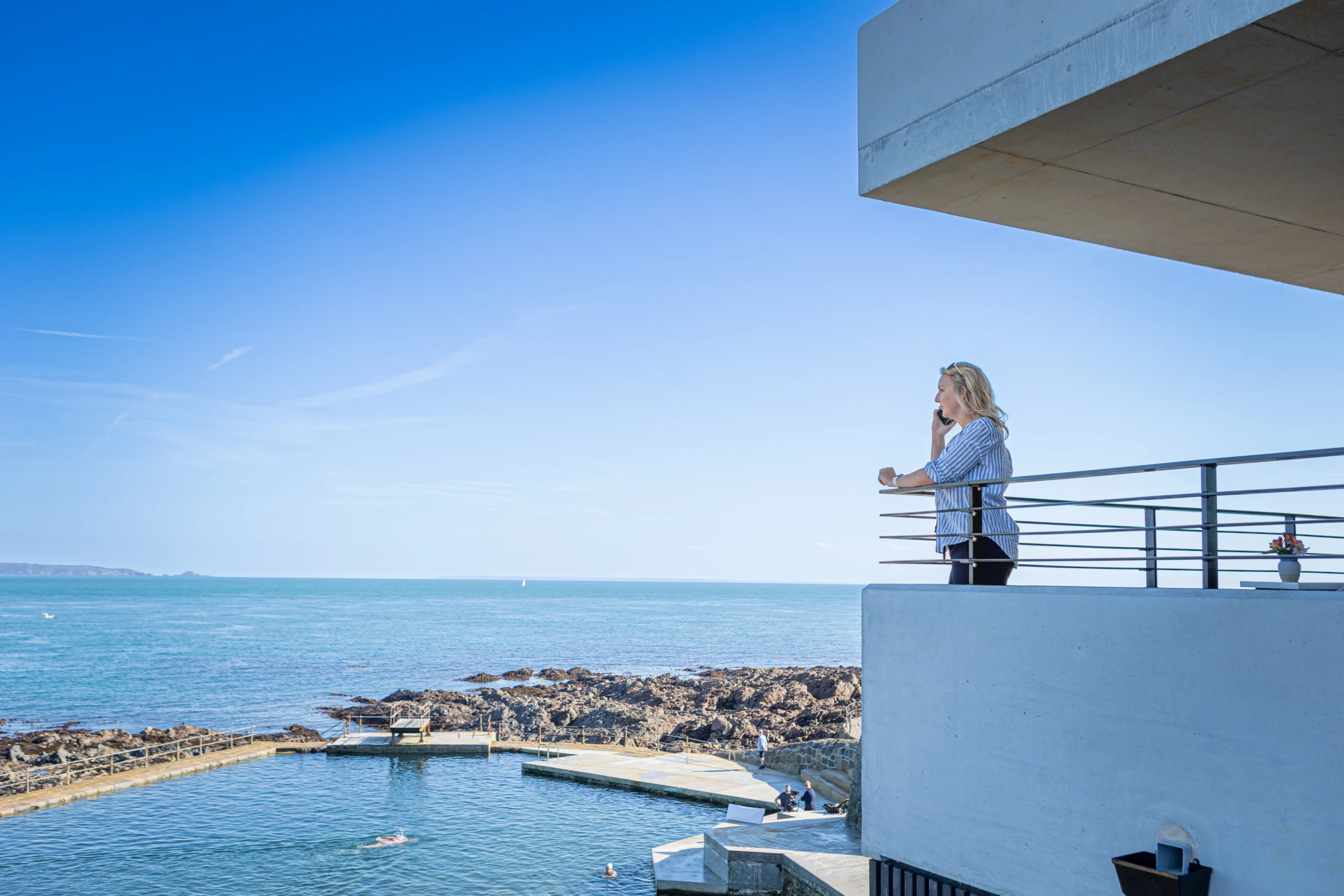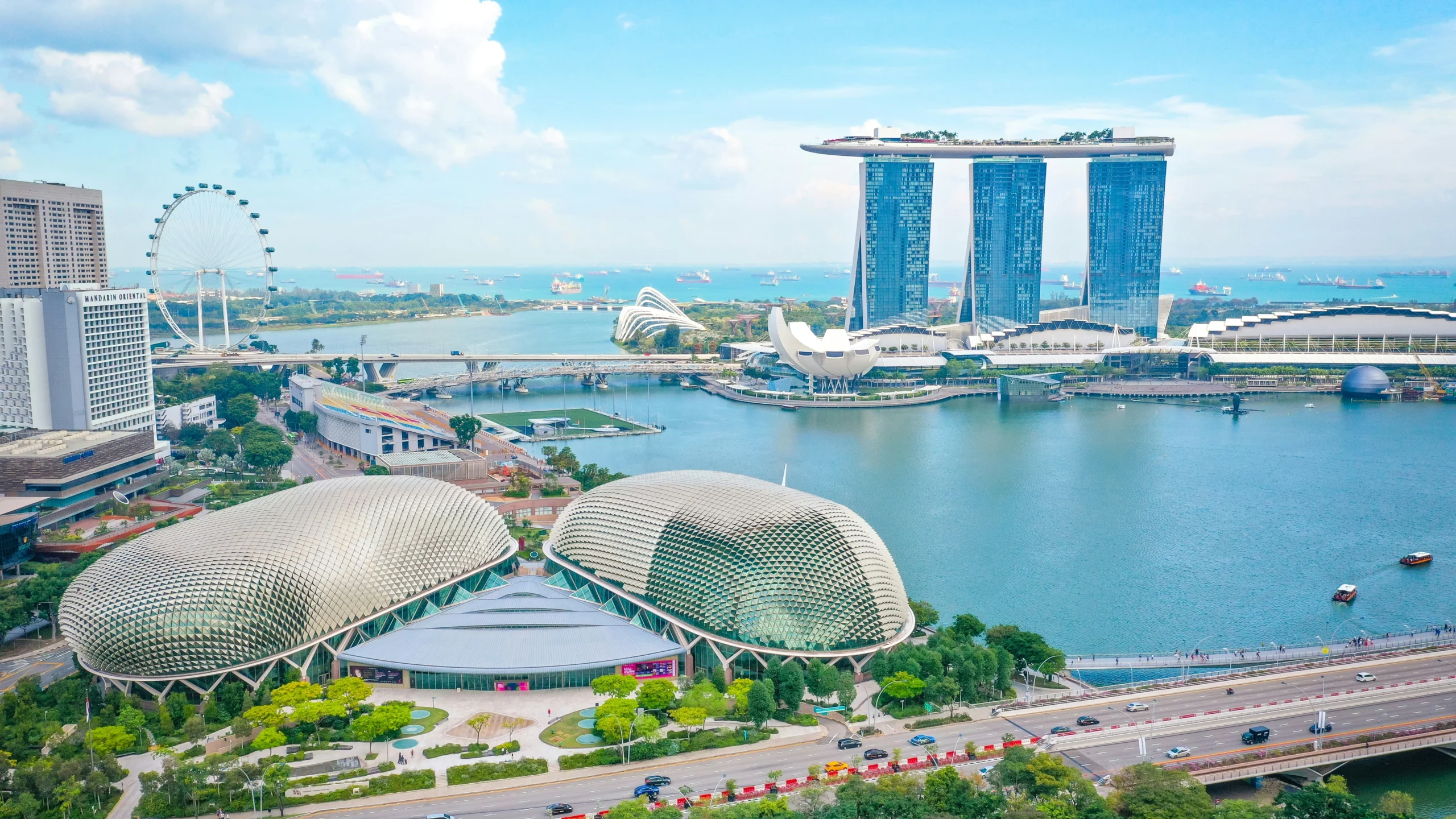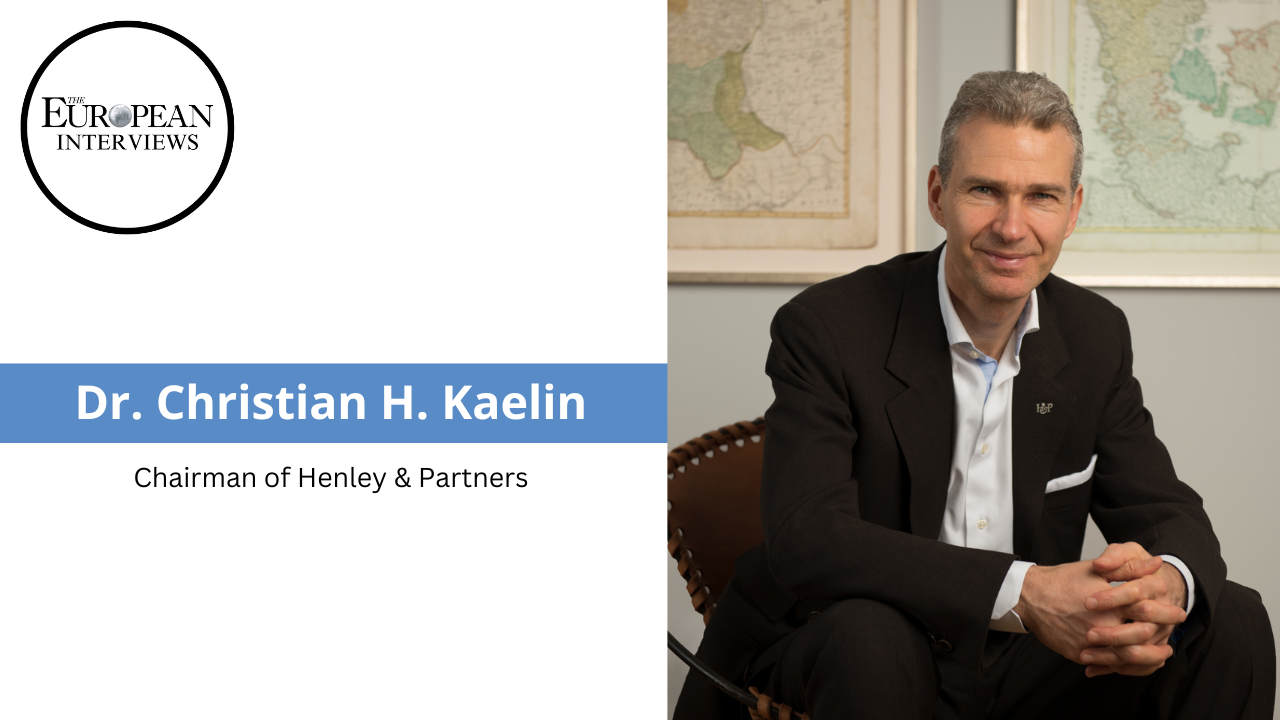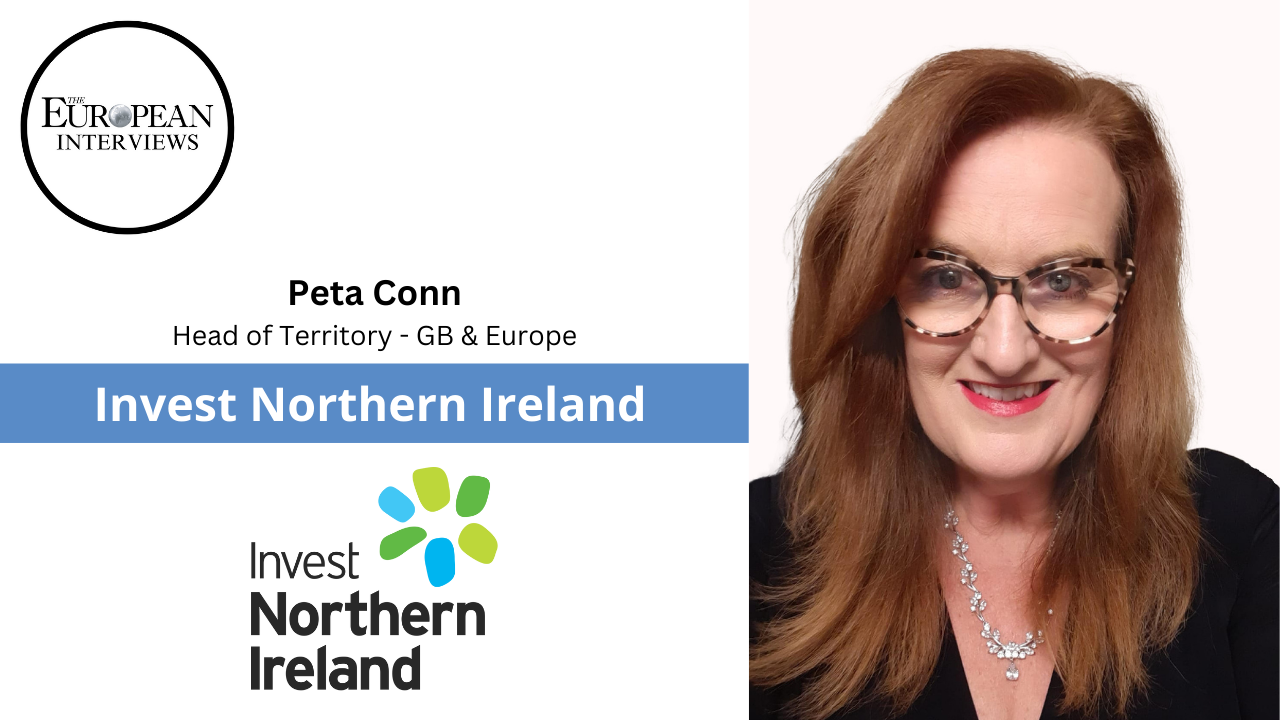Extraordinary opportunities for FDI in Ireland

John E. Kaye
- Published
- Foreign Direct Investment, Home
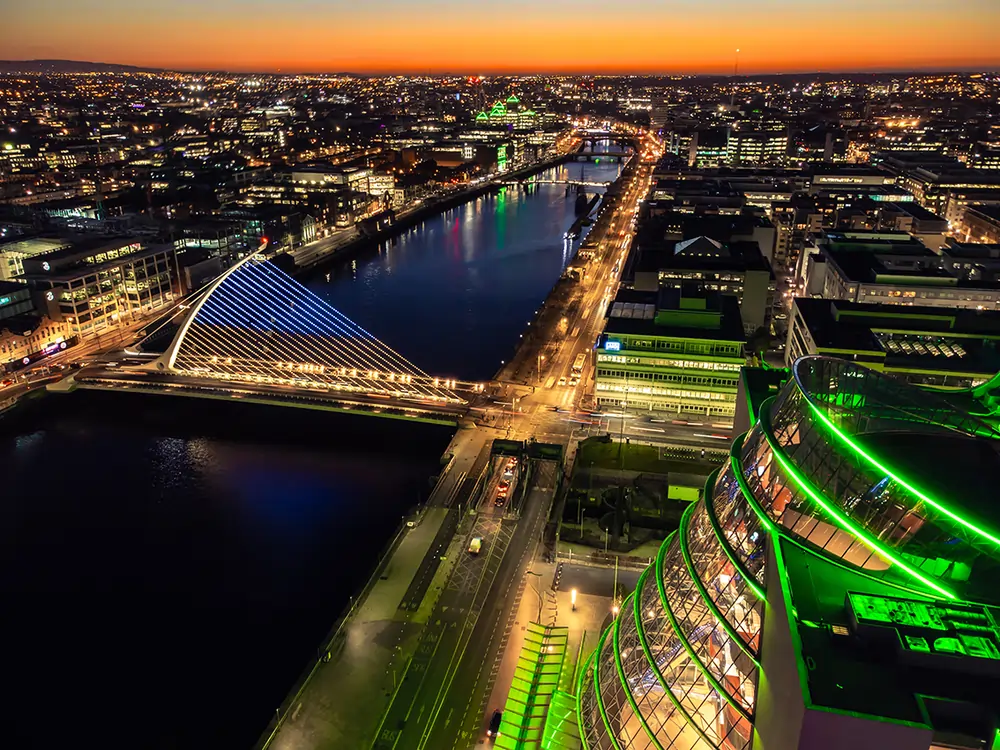
Offering multinationals an attractive expansion location within the vast EU market is just one of Ireland’s many advantages as a global FDI destination
Foreign direct investment (FDI) has been transformative for Ireland, having evolved to a point where it is now recognised as a central pillar of Ireland’s economic policy. The country has become one of the top destinations for FDI in the world, it has developed into the gateway to Europe for multinational companies looking to serve and grow their customer base and it offers an attractive location for companies in neighbouring European states to expand.
Through its direct and indirect impacts, the contribution of Ireland’s FDI base is tangible, substantive and something the country does not take for granted. IDA Ireland, as the national investment development agency established almost 75 years ago, partners with over 1,800 companies that have chosen to locate in Ireland, are individually diverse and are spread across sectors at the forefront of the modern global economy. Collectively, they make a sizeable contribution to the economy and society through job creation, opportunity and career progression, innovation, local sourcing, global value chain integration and taxation.
Strong 2023
IDA Ireland reported strong results for 2023 showing an increased number of investments, steady levels of employment across the FDI sector, robust regional investment, and strong performance across key transformation areas of research development and innovation, sustainability, digitalisation, and talent development.
There was a total of 248 investments into Ireland which are expected to deliver almost 19,000 jobs to the economy. A third of investments won, 83, were greenfield or first-time investments. IDA Ireland’s 1,800 client companies employed 300,583 in 2023, holding above the 300,000 jobs mark for the second consecutive year.
Resilient and robust
Ireland’s resilience and robustness as an investment location is largely due to the remarkable fortitude and dynamism of its existing FDI base. In each corner of the country, these companies are providing sustainable, resilient jobs across activities that are driving global growth – from the technology, software and services that are the foundation of the digital economy, to the leading-edge advanced manufacturing that is reshaping industry and the essential healthcare products for patients around the world.
The activities of multinational companies (MNCs) supported by IDA Ireland make a crucial contribution to the country’s continued success in attracting FDI. A significant number of IDA client companies have had operations in Ireland for decades. In that time, they have evolved and transformed to meet the needs of industry. They have continued to provide goods and services to customers in Europe and further afield from their established and innovative Irish bases, with many growing and adding to their mandates in Ireland regardless of what has been a challenging international economic landscape.
Ireland’s attractiveness as an investment location resonates with overseas investors for many reasons – the ease of doing business, political stability, a common law legal system, dynamic R&D ecosystem and an attractive, transparent and stable tax regime are but some of the reasons why global organisations choose to locate in Ireland. By establishing a presence in Ireland, companies also gain access to a highly skilled, English speaking, flexible work force.
For multinational companies outside the EU, Ireland’s geographic location represents an attractive entry point to the world’s largest single market with a labour force of 215 million. Ireland also offers global companies – in particular those in regulated industries such as pharmaceuticals, medical devices and financial services – access to the European regulatory system.
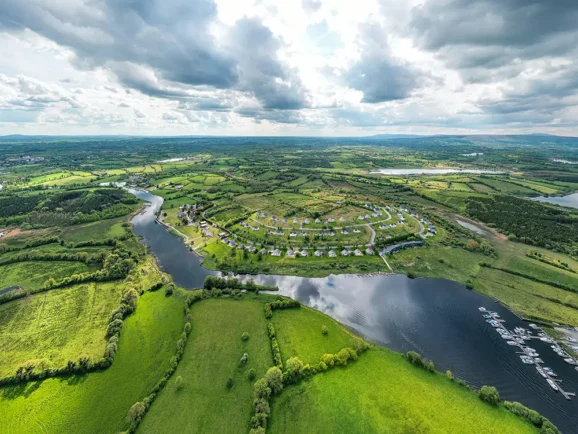
Beyond job creation
FDI is often measured in terms of job creation, but the benefit of these multinationals’ presence in Ireland goes over and above their direct and indirect employment contribution. Their impact nationally and regionally to public finances, regional development, global value chain integration, spin-off indigenous enterprise, innovation and more, is clear by their level of expenditure in the Irish economy.
The world has experienced much change in recent years, from the global recession in 2008 to the covid pandemic, and considerable economic and political upheaval across the world. Responding proactively to change has been the hallmark of Ireland and IDA’s success and the country remains agile, resourceful, and committed in its endeavours to attract FDI to Ireland.
The international environment for attracting FDI is increasingly challenging and volatile. Headwinds facing the global economy require countries to work harder than ever to secure new investment. Winning new activities and anticipating changes in technology and business models has served Ireland well and will remain essential as this decade unfolds.
Looking ahead
Moving into 2025, it is a pivotal time for FDI and Ireland must evolve to seize opportunities in emerging sectors such as artificial intelligence, digital technology, semiconductors, sustainability and health. The twin transition of digital and green transformation represents a shift towards a more sustainable and technologically advanced future. Whilst this dual approach brings challenges, it is also creating investment opportunities aligned with many of Ireland’s key strengths and the country is well positioned to leverage these strengths to attract next-generation investments in key knowledge-intensive sectors.
IDA Ireland continues to work with client companies to support their drive for competitiveness as they move through the twin transition. Transformation focused on research development and innovation, sustainability, digitalisation, and talent development, is critical to remaining competitive, reflected in IDA’s partnerships and conversations with client companies and stakeholders.
Ireland will continue to face domestic as well as global challenges. It is acknowledged that Ireland’s carrying capacity and infrastructural development, particularly in housing and energy supply, needs to be accelerated. Ensuring Ireland’s competitiveness in attracting future FDI will depend on the timely and efficient delivery of key infrastructure projects as well as improvements in the economy’s relative cost competitiveness.
Nevertheless, Ireland boasts an established and robust foundation for continuing to attract future foreign direct investment and with ongoing investments in infrastructure and technology, the country is well positioned to continue attracting substantial FDI, fostering economic growth and ongoing development.
Further information
www.idaireland.com
RECENT ARTICLES
-
 Zanzibar’s tourism boom ‘exposes new investment opportunities beyond hotels’
Zanzibar’s tourism boom ‘exposes new investment opportunities beyond hotels’ -
 Residence and citizenship planning is reshaping global wealth strategies
Residence and citizenship planning is reshaping global wealth strategies -
 Building sovereign bridges by attracting global investors
Building sovereign bridges by attracting global investors -
 Bahrain cuts property investment threshold for golden residency
Bahrain cuts property investment threshold for golden residency -
 Where mobility meets opportunity: Malta’s strategic advantage for global investors and innovators
Where mobility meets opportunity: Malta’s strategic advantage for global investors and innovators -
 UK government sets up Women in Tech taskforce amid gender imbalance concerns
UK government sets up Women in Tech taskforce amid gender imbalance concerns -
 Malta introduces Nomad Heritage Card for remote professionals
Malta introduces Nomad Heritage Card for remote professionals -
 How free global cities could reshape the future of migration
How free global cities could reshape the future of migration -
 Dominican Republic positions itself as Caribbean hub for sustainable trade and investment
Dominican Republic positions itself as Caribbean hub for sustainable trade and investment -
 Biviana Riveiro Disla speaks to The European about the Dominican Republic’s role as a hub for trade and investment
Biviana Riveiro Disla speaks to The European about the Dominican Republic’s role as a hub for trade and investment -
 Liechtenstein tops global index for foundations
Liechtenstein tops global index for foundations -
 Keeping the door open: wealthy UK citizens investing their way back into the EU
Keeping the door open: wealthy UK citizens investing their way back into the EU -
 Ethiopia emerges as a sustainable investment leader on the African stage
Ethiopia emerges as a sustainable investment leader on the African stage -
 France’s FDI renaissance marks a Nouvelle Ère for Europe
France’s FDI renaissance marks a Nouvelle Ère for Europe -
 The Turks and Caicos Islands: A new era for financial services and innovation
The Turks and Caicos Islands: A new era for financial services and innovation -
 Jersey in focus – an interview with Chief Minister Deputy Lyndon Farnham
Jersey in focus – an interview with Chief Minister Deputy Lyndon Farnham -
 Malta – a popular base for digital nomads
Malta – a popular base for digital nomads -
 Move to Guernsey: The Channel’s island gem
Move to Guernsey: The Channel’s island gem -
 Malta’s residency-by-investment programme: a clear path to permanent residency
Malta’s residency-by-investment programme: a clear path to permanent residency -
 The banking shift that Europe’s businesses can’t afford to ignore
The banking shift that Europe’s businesses can’t afford to ignore -
 High-net-worth Europeans turn to investment migration amid security fears
High-net-worth Europeans turn to investment migration amid security fears -
 Beyond the beaches: a spotlight on the Turks and Caicos Islands
Beyond the beaches: a spotlight on the Turks and Caicos Islands -
 Video Interview with Dr. Christian H. Kaelin of Henley & Partners
Video Interview with Dr. Christian H. Kaelin of Henley & Partners -
 Ireland’s resilience and future in Foreign Direct Investment
Ireland’s resilience and future in Foreign Direct Investment -
 Video Interview with Peta Conn of Invest Northern Ireland
Video Interview with Peta Conn of Invest Northern Ireland




